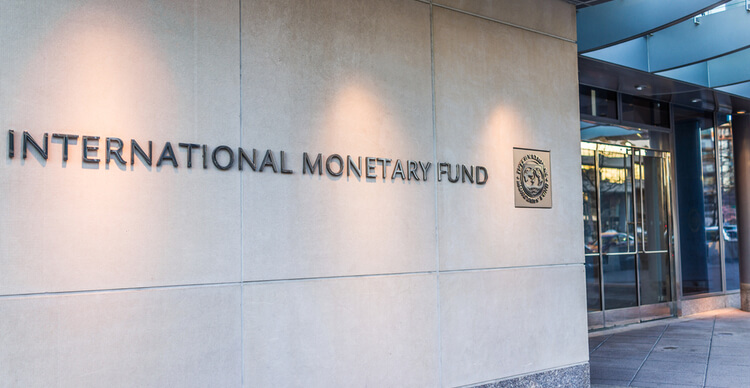
- The IMF has urged El Salvador to restrict “public sector exposure to Bitcoin.”
- These comments from the financial organization came after an August statement about “mitigat[ing] the risks linked to Bitcoin.”
The International Monetary Fund (IMF) has advised El Salvador to refine its Bitcoin legislation and limit public exposure to Bitcoin.
During a recent press briefing, IMF representative Julie Kozack stated:
“Our recommendation involves narrowing the Bitcoin law’s scope, enhancing regulatory frameworks and oversight of the Bitcoin environment, and reducing public sector exposure to Bitcoin.”
Kozack remarked that discussions with El Salvador are ongoing and highlighted that “mitigating risks related to Bitcoin is a significant aspect of these talks.”
El Salvador is accustomed to the IMF’s opinions regarding its Bitcoin policies, dating back to 2021 when the country adopted Bitcoin as legal tender. Subsequent to this decision, the IMF issued a statement in November 2021 recommending a reduction in the Bitcoin law’s scope while “enhancing regulation and oversight of the new payment system.”
This advice was reiterated in January 2022 when the IMF recommended that El Salvador rethink its decision to adopt Bitcoin as legal tender.
Most recently, in August, the IMF released a statement addressing, among other issues, the need to “mitigate risks from Bitcoin.” Yet, the organization remarked that while “many risks have not yet manifested, there is a shared understanding that further efforts are necessary to enhance transparency in Bitcoin.”
Still dedicated to Bitcoin
In spite of the IMF’s latest statements and ongoing discussions, El Salvador is steadfast in its ambition to promote Bitcoin in the country.
While the government seeks to improve adoption rates, Nayib Bukele, the pro-Bitcoin president of El Salvador, acknowledges that additional efforts are required. In a recent interview with TIME magazine, Bukele recognized that his Bitcoin initiative has yielded a “net positive” outcome, although it falls short of the “widespread adoption” they initially anticipated.
Regardless, Bukele continues to show commitment, even purchasing more Bitcoin whenever the price declines. The country also pledged to utilize profits generated from its Bitcoin Trusts to construct 20 schools as part of its strategy to make cryptocurrency more appealing to its population.








